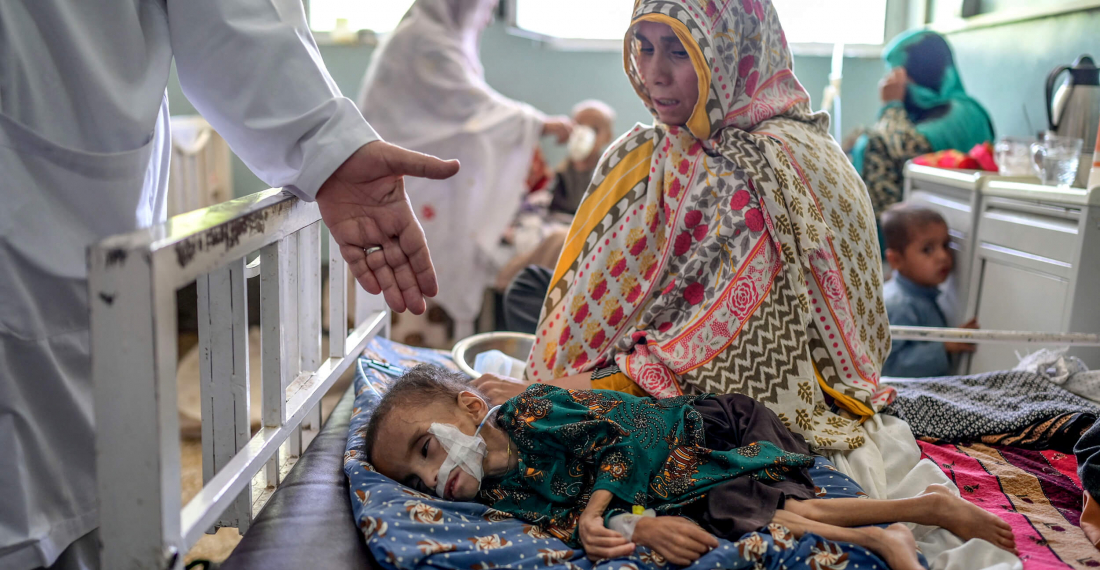The European Union (EU) has allocated 268.3 million euros to support the Afghan population through the current major humanitarian crisis. Through the United Nations, projects are being funded that focus on access to education and health care, and help to provide livelihoods for civilians, including refugees and displaced persons.
"We will not abandon the Afghan people. I am pleased that we are addressing basic human needs and supporting livelihoods under the clear parameters set out by the Foreign Affairs Council.", said European Commissioner for International Partnerships, Jutta Urpilainen. "The projects focus on health, nutrition, clean water, sanitation, and education, in particular for women and girls." Brussels also supports activities that allow Afghans to earn money, such as at local markets.
In addition, the EU is increasing its support to Afghan Human Rights Defenders at risk and Civil Society Organisations during this very challenging period with two projects worth 3.3 million euros.
The new projects launched are a crucial milestone as part of the overall 1 billion euros EU support package announced by President of the European Commission, Ursula von der Leyen, in October 2021. The overall 1 billion euros package also includes 227 million euros humanitarian funding for life-saving and life-sustaining emergency humanitarian assistance in the following sectors: food and nutrition, shelter, water and hygiene-related activities, medical care, education and protection.
Since the withdrawal of American military units from Afghanistan and the Taliban's seizure of power in the summer of 2021, a significant humanitarian crisis has emerged. The violence and insecurity have caused tens of thousands of Afghans to flee and be displaced within their own country and to Iran and Pakistan.






